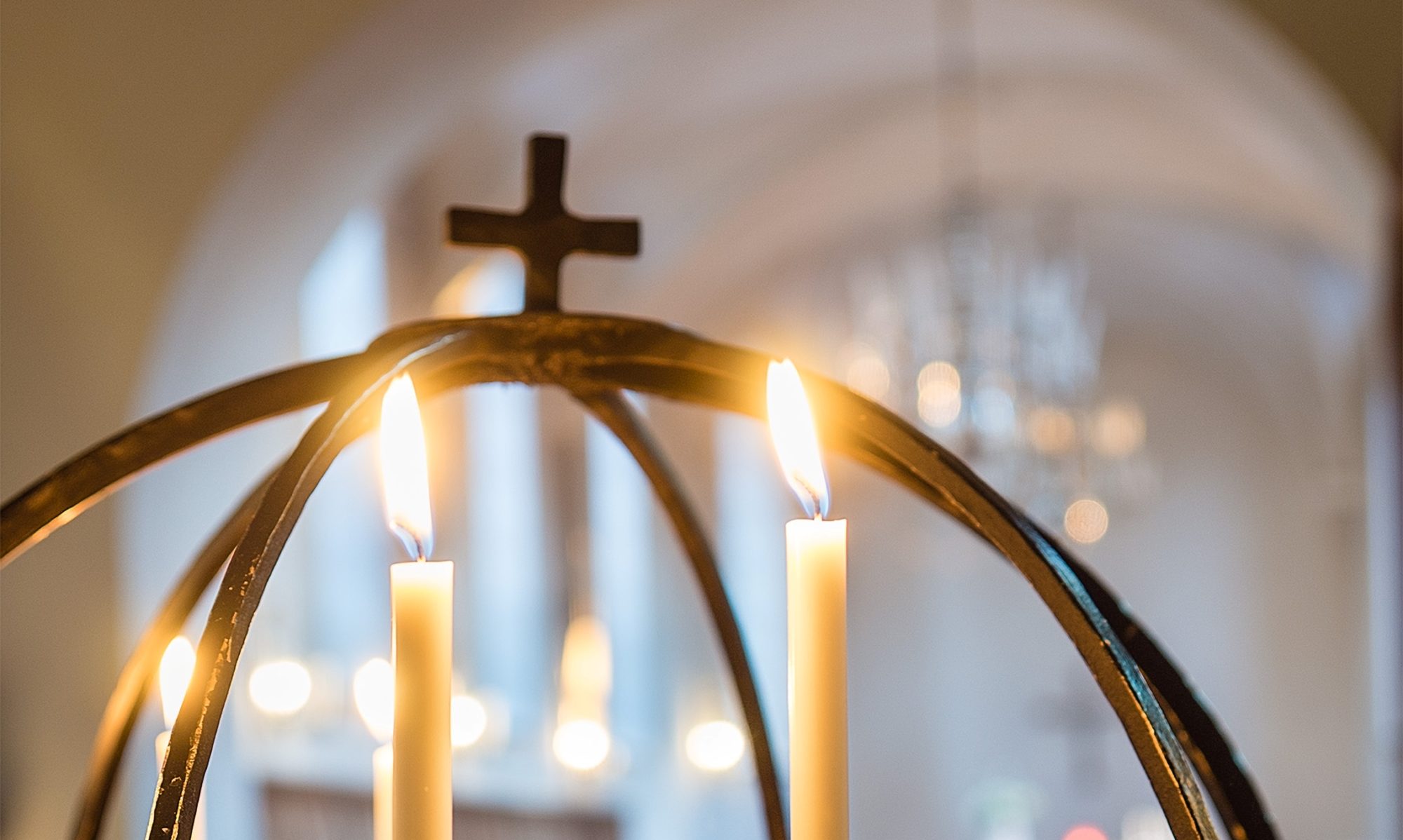Budapest 8 – 10 December 2016
“Budapest” is the combination of the city’s names Buda and Pest, which were (together with Óbuda) united into one single city in 1873. One of the first documented occurrences of the combined name “Buda-Pest” was in 1831 in the book “Világ” (“World” / “Light”), written by Count István Széchenyi. The origins of the names Buda and Pest are obscure. But important is, according to the history, that one part is traditional and the other modern: Tradition and Modernism. Those are also the two situations of modern Europe. The members of the Oikosnet-Board had the chance to get to know the situation in this country and town a bit better during their meeting of December 8-10, 2016. Here are some of the elements of our meeting.
 We met with Rev. Dr Vilmos Fischl, the General Secretary of the Ecumenical Council of Churches in Hungary. He informed us about the situation of churches, especially regarding the challenges around refugees. We put questions, like: Which is the role of the Churches in Hungary towards the migration problem? Does the anti-migration rhetoric of the conservative government of Hungary with the recent referendum create new tensions in Europe? How can people develop from their faith new approaches concerning Europe? How can social cohesion be expressed again in Europe? It became clear that, whatever the situation in the European Union will be, our concern will remain the weakness to define a concrete policy of the European Institutions for the issue of migration. But even if this is missing, do the citizens finally have any influence in the decision-making policy of European Institutions?
We met with Rev. Dr Vilmos Fischl, the General Secretary of the Ecumenical Council of Churches in Hungary. He informed us about the situation of churches, especially regarding the challenges around refugees. We put questions, like: Which is the role of the Churches in Hungary towards the migration problem? Does the anti-migration rhetoric of the conservative government of Hungary with the recent referendum create new tensions in Europe? How can people develop from their faith new approaches concerning Europe? How can social cohesion be expressed again in Europe? It became clear that, whatever the situation in the European Union will be, our concern will remain the weakness to define a concrete policy of the European Institutions for the issue of migration. But even if this is missing, do the citizens finally have any influence in the decision-making policy of European Institutions?
We had a similar interesting meeting – with the help of Odor Balazs, ecumenical officer of the Reformed church of Hungary and of Diána Erdélyi, secretarial assistant of Odor- with representatives of six Conference Centers from different denominations in Hungary. They organize professional trainings, conferences and camps. Every Center has different themes and special interests in the framework of the Church. Information and lifelong learning, pastoral care and society are few of these themes. On the other hand a general challenge of the Centers is recognized elsewhere too: to fill the accommodation. Some also expressed the challenge to deal with the self-definition of the national identity of faithful-citizens. All expressed the wish to find a way to integrate all those Centers in Oikosnet Europé.
Evaluation of the Annual meeting in Prague
The evaluation of the Annual Meeting of Oikosnet Europe in Prague also occupied the members of the Board and it underlined that Oikosnet Europe should invite its members to cooperate in common actions of its members and encourage people to come to the annual meetings, thus providing the opportunity of exchange and cooperation.
In addition to this the Board decided to support (with the amount of 5.000,00 Euros) the start of a common Project on Civil Society in Central Europe. Quite some members of Oikosnet are involved in this project and they contribute to the content, adding their different views. Reports will be presented at the next Annual Conference.
Transition period for Oikosnet Europe
We are in a transition period, almost finished now from an organization according to German law into an organization according to Swedish law. The transition is not complete yet – as is also clear since some members formally still have to join the new organization. We also discussed ways to encourage potential new members and other practical issues about the organization of our work.
The next Annual Conference in Beugen
The next Annual Conference will take place in Beugen, in the South of Germany (6-10 September 2017). The digital revolution and its children will be the main thematic issue. We organize this with the help of the staff of the Baden-Academy. The theme is actual, since New Technologies and especially internet will have a huge influence on the economic and social development. It would be a mistake and essentially impossible to turn our back to the new developments. On the other hand, we cannot ignore the dangers which are hidden and we have to face them. The theme is extremely important and we look forward for this meeting.
By Dr Kostas Zormpas, Member of the Board, General Director of the Orthodox Academy of Crete.
